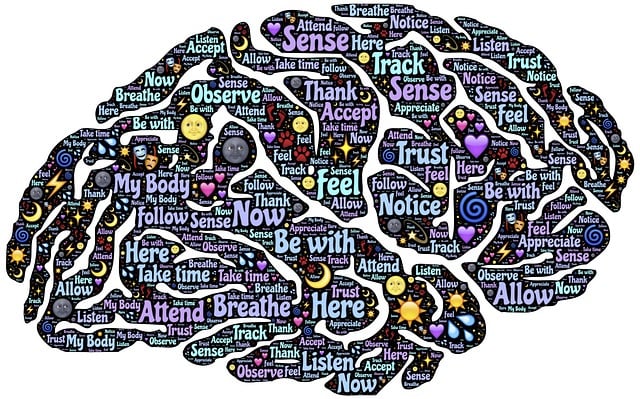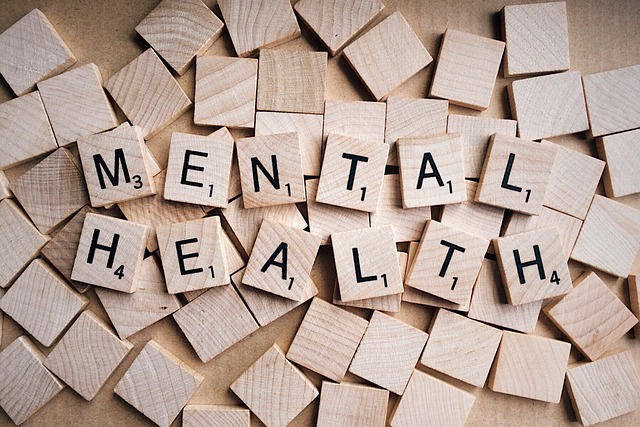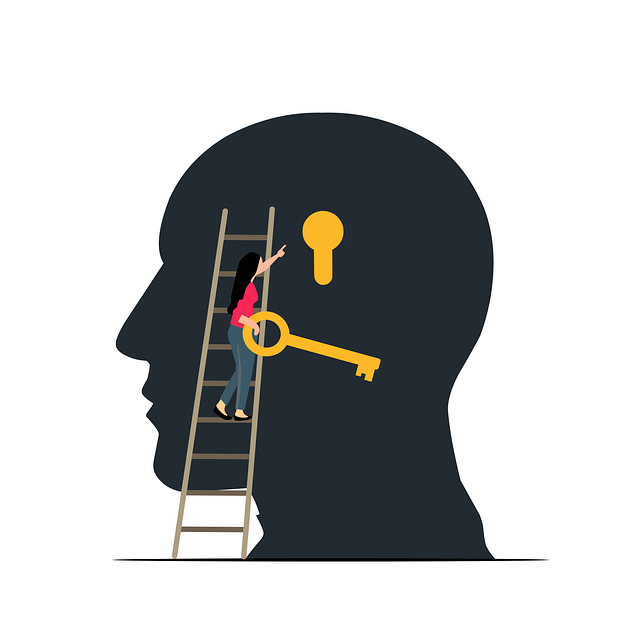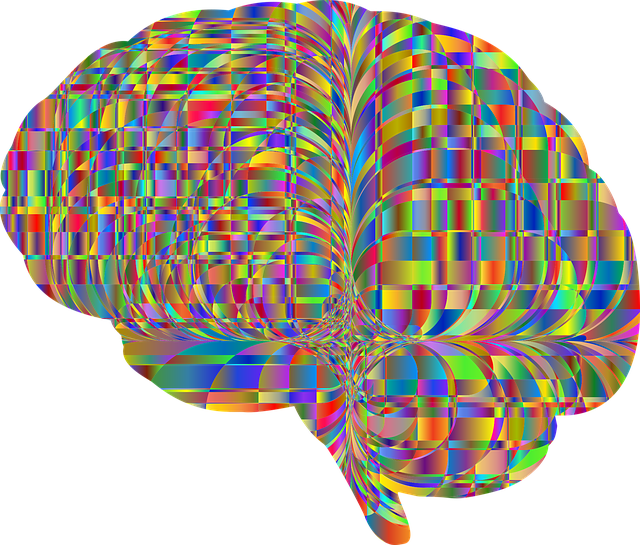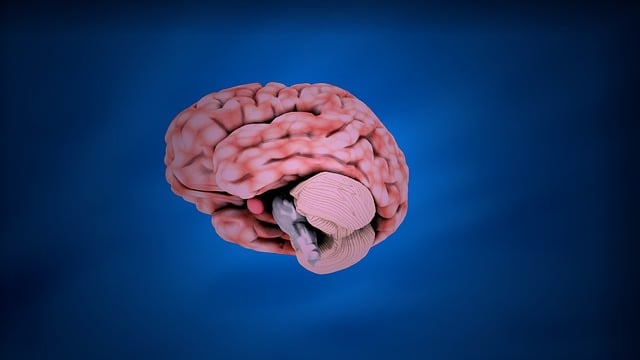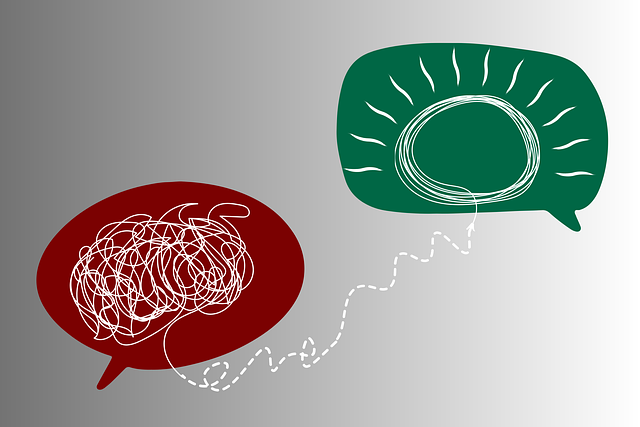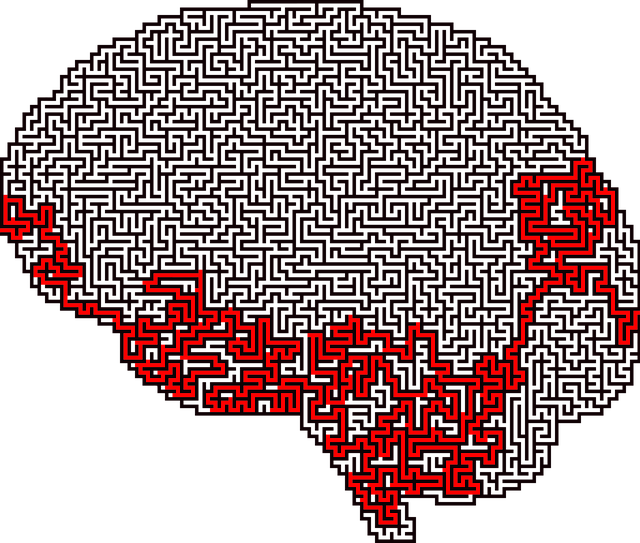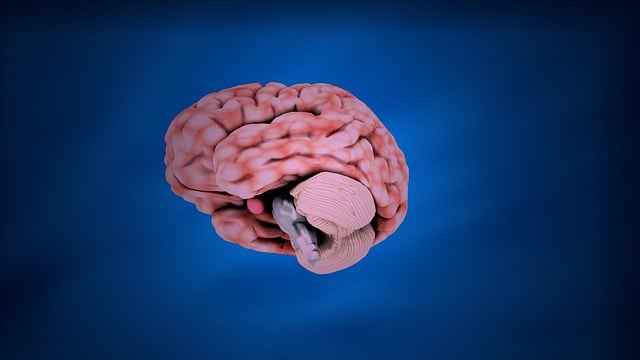Mental illness diagnosis accuracy remains a challenge despite advancements in research and awareness. Online therapy platforms offer accessible professional support from home, benefiting remote areas and individuals facing barriers to traditional in-person therapy. While lacking personal interaction and varying therapist expertise impact reliability, self-awareness exercises and emotional well-being promotion techniques can enhance accuracy. Community outreach programs bridge access gaps, ensuring broader, timely, and accurate mental health evaluations. The digital revolution includes AI-integrated online platforms for personalized care, live video sessions, and chat functions. Future mental health care focuses on innovative technologies, community resilience, and proactive wellness practices to improve diagnosis and treatment accessibility and precision.
Mental illness diagnosis accuracy is a critical aspect of patient care, yet challenges persist. This article explores current diagnostic accuracies, highlighting the need for improvement. We delve into innovations in online therapy as a promising approach, examining its role in enhancing diagnosis. Furthermore, it discusses future trends and ongoing efforts to refine mental health assessment, emphasizing the importance of continuous improvement in this dynamic field. By focusing on online therapy advancements, we aim to contribute to more accurate and accessible mental illness diagnoses.
- The Current State of Mental Illness Diagnosis Accuracy
- Innovations in Online Therapy for Improved Diagnosis
- Future Directions and Continuous Improvement Efforts
The Current State of Mental Illness Diagnosis Accuracy

Mental illness diagnosis accuracy has been a topic of growing concern within the healthcare community. Despite advancements in research and an increasing awareness of mental health issues, misdiagnosis rates remain alarmingly high. Online therapy platforms have emerged as a potential solution to enhance accessibility and improve diagnostic precision. These digital tools enable individuals to access professional support from the comfort of their homes, making mental health care more accessible, especially for those living in remote areas or facing barriers to traditional in-person therapy.
The current landscape presents challenges, with many factors contributing to inaccurate diagnoses. Lack of personal interaction during initial assessments and varying degrees of expertise among therapists can impact the reliability of online therapy. However, incorporating self-awareness exercises and emotional well-being promotion techniques into these virtual sessions holds promise. Additionally, community outreach program implementations can bridge gaps in access, ensuring that a broader range of individuals receive timely and accurate mental health evaluations, ultimately improving overall diagnosis accuracy.
Innovations in Online Therapy for Improved Diagnosis

The digital revolution has brought about a wave of innovation in mental health care, particularly through online therapy platforms that are enhancing diagnosis accuracy. These virtual spaces offer accessible and convenient support, allowing individuals to receive professional guidance from the comfort of their homes. One notable advancement is the integration of emotional intelligence (EI) assessment tools within these online therapy services. By evaluating a patient’s EI skills, therapists can gain valuable insights into their emotional regulation, empathy, and social awareness—crucial aspects that influence mental health and treatment outcomes.
Furthermore, online therapy platforms are leveraging technology to personalize care. Advanced algorithms analyze user interactions and self-reported symptoms to suggest tailored interventions, including stress reduction methods. This data-driven approach ensures that the support provided aligns with each individual’s unique needs. Additionally, many platforms are incorporating interactive features, such as live video sessions and chat functions, enabling real-time communication between therapists and clients. This level of engagement can foster stronger therapeutic alliances, enhancing the overall effectiveness of online therapy for diagnosis and treatment planning.
Future Directions and Continuous Improvement Efforts

The future of mental illness diagnosis accuracy lies in integrating innovative technologies and digital tools while fostering ongoing research and education. Online therapy platforms, for instance, offer accessible and convenient options for individuals seeking support, making mental health care more readily available. As these platforms advance, they can incorporate artificial intelligence algorithms to assist in diagnosis and treatment planning, enhancing the overall precision and effectiveness of care.
Continuous improvement efforts should also focus on advocacy and policy analysis within the mental health sector. By promoting Mind Over Matter principles, communities can foster resilience and encourage proactive mental wellness practices. Additionally, organizing Stress Management Workshops can empower individuals with coping strategies, further supporting their long-term well-being. These multifaceted approaches collectively contribute to a more comprehensive and accurate diagnosis of mental illnesses.
Mental illness diagnosis accuracy, a critical aspect of patient care, is continually evolving. The current landscape faces challenges, as evidenced by limitations in traditional diagnosis methods. However, innovations in online therapy offer promising solutions, enhancing accessibility and precision. As technology advances, integrating AI and digital tools into mental health practices will be key to improving diagnosis accuracy. Future research should focus on refining these technologies while ensuring patient privacy and ethical considerations. Continuous improvement efforts, combining traditional expertise with digital advancements, hold the potential to revolutionize mental healthcare, making it more efficient and effective for all.


